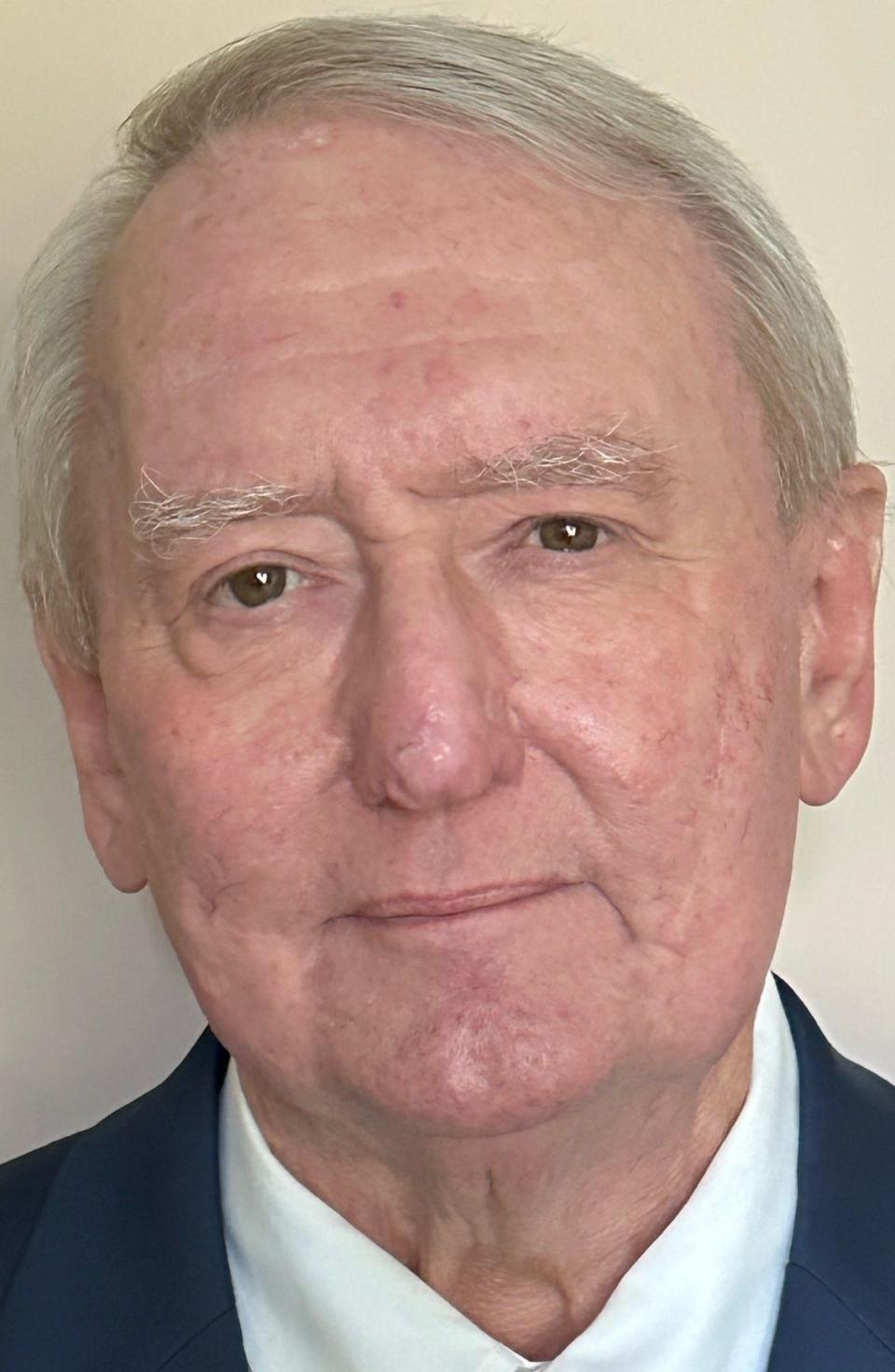McComb citizen wanted no attention at her death, got none
This is about life and death, but neither yours nor mine. It’s about other lives, obituaries, funerals and no services at all.
Like most newspaper types, particularly those of the older persuasion, I am an avid obituary reader. That’s where, if you are both interested and lucky, you’ll learn information about folks you either never knew but perhaps wanted to, or more about someone you did know but wanted to know better.
Sometimes, you are privileged to read one of those long, quirky, funky, funny obits that makes you ask, “Would you have told that?” Those are my favorites.

The obituary page is where you find information and details on how the life was lived and any planned services.
I hope you didn’t search for information on the life and recent death of Judy Foster of McComb, my sister Nancy’s good friend and her former co-worker of many years in the Washington office of the late U.S. Rep. Jamie L. Whitten of Mississippi, the longest-serving U.S. congressman ever (1941-1995).
There was nothing in the local paper about Judy — no obituary and no memorial service. Judy wanted none of it and left explicit instructions with Nancy not to consider such.
That’s the way Judy wanted things and Nancy complied with her wishes. Hopefully all interested parties understand. There may well be a memorial service at some point. Later-on services have become a new norm.
Nancy and her late husband, Carl Lazenby, left Washington and moved to McComb in 1992. A few years later Judy arrived.
A native of Texas, Judy had almost no living relatives by then. Judy’s only sister was deceased, thus Nancy was the closest person left. Nancy and Carl welcomed her with open arms to McComb, where Judy renovated an older home and became active in a church and other local matters including a project aiding sheltered animals.
These are different times in the life-and-death business. There seems to be almost as many cremations without a following service as there are full funerals of the historic version. The gravedigging business must also be suffering. Cemeteries are not maintained to the standards of yesteryear. Go look, you’ll see.
Newspapers formerly didn’t charge to publish obituaries. Now, most do and will accept an obituary — with payment somehow attached — only from a funeral home. This limits many final death notices to only the bare details. Of course, funeral homes have websites with detailed obituaries.
I can’t say this about all U.S. metropolitan newspapers but at least two that I read regularly devote much space daily to the dearly departed, while employing different styles.
The New York Times uses its own writers to pen final life stories of the well-known. The Atlanta Journal-Constitution’s obituaries read like a family member’s account of the deceased’s life, at any length desired.
I like both formats but the Atlanta obituaries are freer and contain more flair in describing a life. In one recent Atlanta obituary section, I read about three persons who were the “life of the party” and one immigrant, “Gerda,” from Germany whose father was killed in World War II.
Gerda was 14 when she came to America not knowing one word of the English language. Eventually, Gerda became a biochemist.
Allow me to tell you a little about our Judy. She grew up in Electra, Texas, and graduated from Texas Woman’s University. She was a public servant, working for three federal agencies.
Judy lived a quality life, much of it in her adopted McComb. She loved people and animals. Judy was 78 and she’s dearly missed by Nancy and many others.
— Mac Gordon, a native of McComb, is a retired newspaperman. He can be reached at macmarygordon@gmail.com.
This article originally appeared on Mississippi Clarion Ledger: McComb MS citizen wanted no attention at her death, got none

